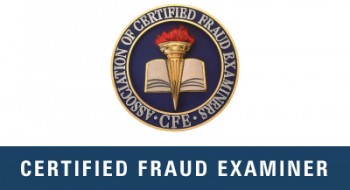Workplace Investigations
When workplace investigations take place, the approach often happens in a manner experienced by Linda. Linda’s director informed her that she was under investigation for alleged misconduct. It was a true statement. Linda was under the scope of an investigation and it was potentially career ending.
Employers could learn an alternative form of communication, but not from a postmodern human resource theory, nor because people are so fragile.
The problem with the phrase “under investigation”, is that it normally causes anxiety in people who are truthful without any concerns. For those who have a reason to hide information, that is another article for another day. Additionally, if false accusations or inferences are directed, it later produces noise the professional interviewer must sift through.
In some cases truthful and untruthful people may share something in common. They both fear they may not be believed, albeit for different reasons.
Suppose information comes to the employer’s attention of possible or even apparent employee misconduct. Let’s consider a different lexicon.
Consider – “A review will take place.” or “The facts will be reviewed.”
Versus – “You’re under investigation.”
Consider – “Information on possible _______ has been made. In your own words, please provide a statement of what you know in this matter.”
Versus – “You’re being investigated for _______. I need you to write a statement.”
For the professional investigator, there are select times when we absolutely want an individual or organization to know they are under scrutiny. In fact, pressure can be of a benefit. In those cases, language context is not important.
In Linda’s case, she shared with a small group of friends she was under investigation. While we’re not sure if Linda committed misconduct, we know from experience how impactful the phrase is. For those who may have committed an offense, it can magnify what they believe is minor in nature or something they don’t even believe is inappropriate.
The issue of confrontational verbiage may seem small, but small issues can cause unnecessary strife. All parties can benefit from an improved framework, and for those who conduct workplace investigations, we need the most untainted environment possible.


Zane, great post with insightful comments. The “hows” of communicating are important in any business situation, but certainly in a potential internal fraud case.
Thanks John for your feedback!